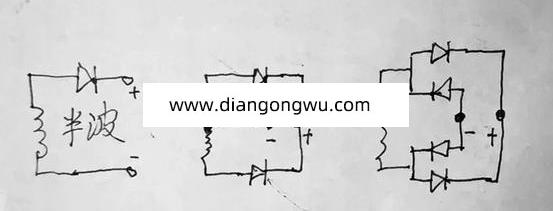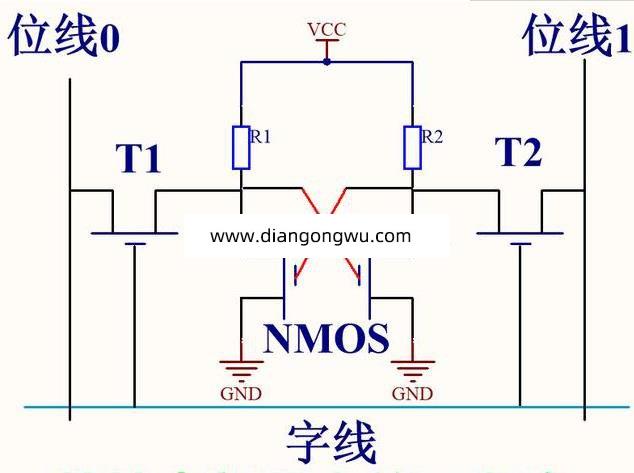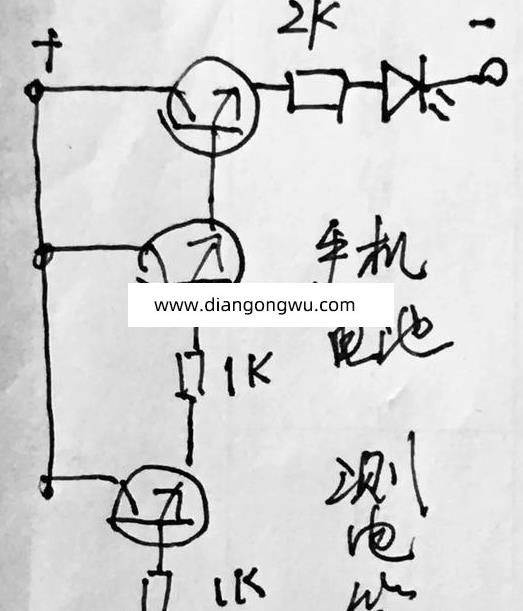首先在 Linux 下,视一切事物皆为文件,它同样把驱动设备也看成是文件,对于简单的文件操作,无非就是 open/close/read/write,在 Linux 对于文件的操作有一个关键的数据结构:file_operation,它的定义在源码目录下的 include/linux/fs.h 中,内容如下:
[cpp] view plain copy
1. struct file_operations {
2. struct module *owner;
3. loff_t (*llseek) (struct file *, loff_t, int);
4. ssize_t (*read) (struct file *, char __user *, size_t, loff_t *);
5. ssize_t (*write) (struct file *, const char __user *, size_t, loff_t *);
6. ssize_t (*aio_read) (struct kiocb *, const struct iovec *, unsigned long, loff_t);
7. ssize_t (*aio_write) (struct kiocb *, const struct iovec *, unsigned long, loff_t);
8. int (*readdir) (struct file *, void *, filldir_t);
9. unsigned int (*poll) (struct file *, struct poll_table_struct *);
10. int (*ioctl) (struct inode *, struct file *, unsigned int, unsigned long);
11. long (*unlocked_ioctl) (struct file *, unsigned int, unsigned long);
12. long (*compat_ioctl) (struct file *, unsigned int, unsigned long);
13. int (*mmap) (struct file *, struct vm_area_struct *);
14. int (*open) (struct inode *, struct file *);
15. int (*flush) (struct file *, fl_owner_t id);
16. int (*release) (struct inode *, struct file *);
17. int (*fsync) (struct file *, int datasync);
18. int (*aio_fsync) (struct kiocb *, int datasync);
19. int (*fasync) (int, struct file *, int);
20. int (*lock) (struct file *, int, struct file_lock *);
21. ssize_t (*sendpage) (struct file *, struct page *, int, size_t, loff_t *, int);
22. unsigned long (*get_unmapped_area)(struct file *, unsigned long, unsigned long, unsigned long, unsigned long);











